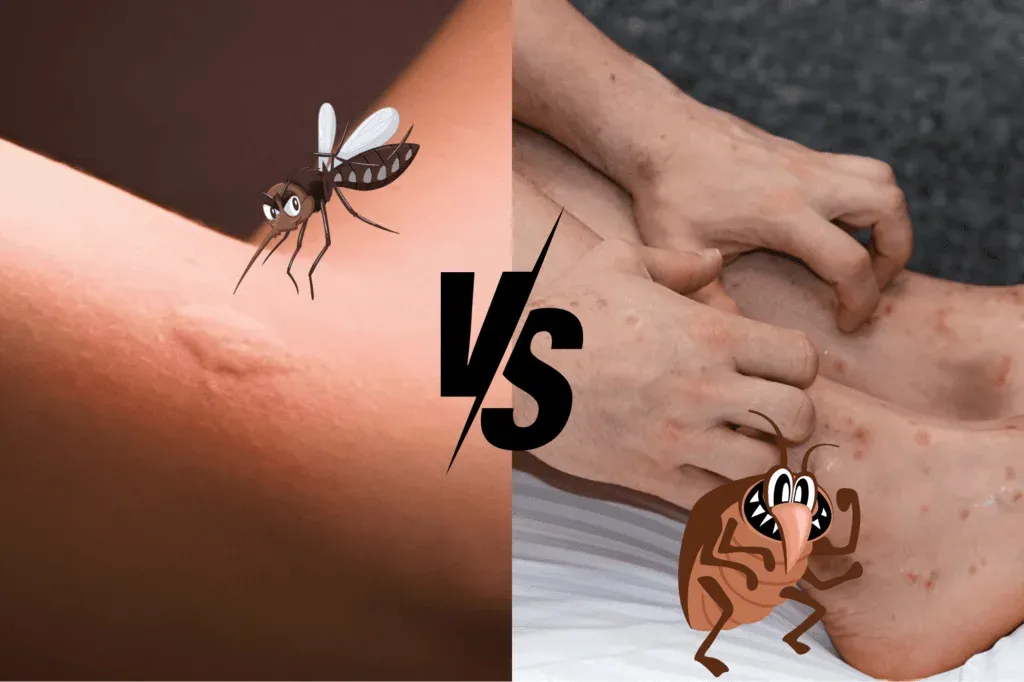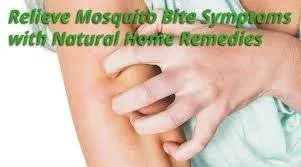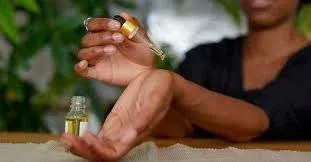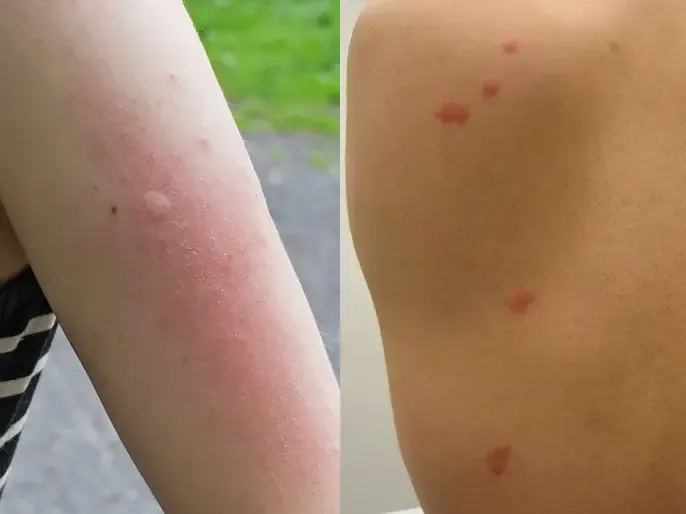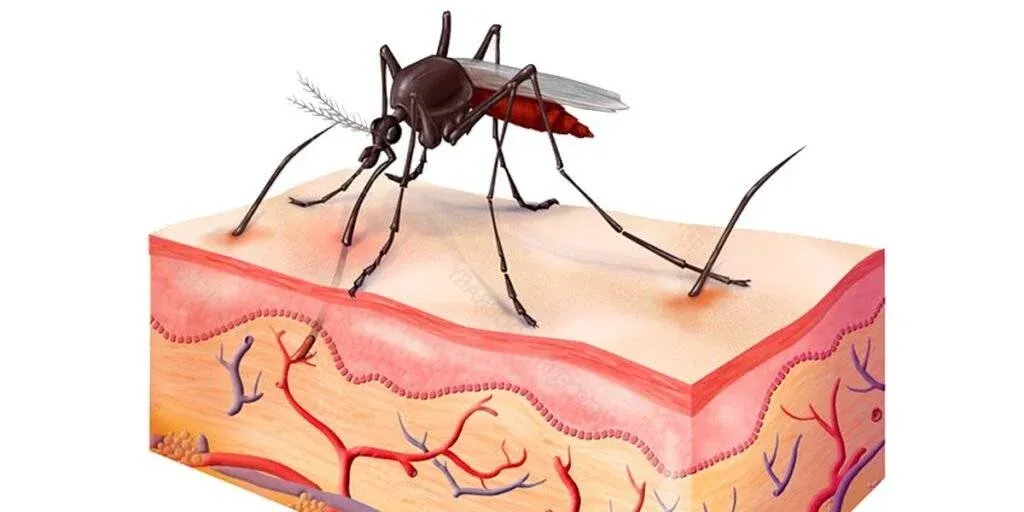Mosquitoes are tiny insects, but their bites can cause surprisingly big reactions. If you’ve ever wondered why mosquito bites swell up, you’re not alone. Millions of people experience this every summer, yet few know the science behind it. Swelling, itching, and redness are the body’s natural responses, but there’s much more happening beneath the skin. Understanding these reactions can help you manage discomfort better and prevent unnecessary scratching that often makes things worse.
In this guide, we’ll explore why mosquito bites cause swelling, what symptoms you should watch out for, and the best ways to reduce irritation quickly.
What Happens When a Mosquito Bites You
To understand why mosquito bites swell up, it helps to look at what actually occurs during the bite. A mosquito doesn’t just pierce your skin; it also injects saliva into your bloodstream. This saliva contains proteins that prevent blood clotting, allowing the insect to feed easily.
Your immune system immediately recognizes these proteins as foreign substances. As a defense, it releases histamines—a type of chemical messenger that trigger blood vessels to widen and fluid to leak into surrounding tissues. The result is redness, itching, and swelling.
So, the swelling isn’t directly from the mosquito itself but rather from your immune system working to protect you.
Why Do Some People React More Than Others?
Not everyone responds to bites in the same way. Some people notice only a tiny red dot, while others develop large, itchy welts. The main reason lies in how sensitive your immune system is to mosquito saliva.
Children and people with weaker immunity often experience stronger reactions. Over time, repeated bites can sometimes reduce sensitivity, which explains why frequent travelers to mosquito prone regions may notice less swelling after months of exposure. On the other hand, some individuals develop stronger allergies, making every bite more uncomfortable than the last.
This variation in response is another clue to why mosquito bites swell up differently for everyone.
Symptoms You Can Expect
A typical mosquito bite reaction includes:
A raised, red bump on the skin
Mild to intense itching
Swelling around the affected area
Warmth or sensitivity to touch
In rare cases, mosquito bites can trigger large allergic reactions, known as “skeeter syndrome.” This condition leads to excessive swelling, blistering, or even fever. If symptoms worsen rapidly or interfere with breathing, medical attention is essential.
How Long Does Swelling Last?
For most people, swelling from mosquito bites lasts anywhere from a few hours to two days. The itching usually peaks within the first 24 hours and then slowly fades as the body breaks down the proteins from mosquito saliva.
However, scratching can reopen the skin and prolong healing. In severe cases, scratching may even lead to secondary infections, making the bite more painful and swollen. This shows another side of why mosquito bites swell up—it’s not just biology, but also our own actions that can influence recovery.
Home Remedies to Reduce Swelling
Knowing why mosquito bites swell up is useful, but what people really want is relief. Thankfully, several simple remedies can ease symptoms and speed healing:
1. Apply a Cold Compress
Ice packs or a chilled spoon help constrict blood vessels and reduce swelling quickly. This also numbs the itching sensation.
2. Use Antihistamines
Over-the-counter antihistamine tablets or creams can reduce the body’s histamine response, lowering both itchiness and inflammation.
3. Try Aloe Vera Gel
Natural aloe vera is soothing and has anti-inflammatory properties, making it a great remedy for irritated skin.
4. Baking Soda Paste
Mixing baking soda with a little water and applying it to the bite can neutralize irritation and promote healing.
5. Honey or Tea Tree Oil
Both honey and tea tree oil contain antibacterial properties that help prevent infection if you’ve scratched too much.
These methods not only bring comfort but also address the root cause of the irritation—your immune system’s response.
Preventing Future Swelling
Of course, the best way to deal with mosquito bites is to avoid them in the first place. Here are a few proven tips:
Wear protective clothing: Long sleeves and pants reduce skin exposure.
Use insect repellent: Products with DEET, picaridin, or natural oils like eucalyptus work well.
Avoid peak mosquito hours: Dawn and dusk are when mosquitoes are most active.
Eliminate standing water: Mosquitoes breed in stagnant water, so check flowerpots, buckets, and gutters around your home.
Prevention won’t just save you discomfort—it also reduces your chances of mosquito-borne diseases like dengue, malaria, and West Nile virus.
When to See a Doctor
Most mosquito bites are harmless and heal naturally. But sometimes swelling may be excessive or accompanied by unusual symptoms such as:
Difficulty breathing
Spreading rash
Severe pain
Persistent fever
In such cases, medical evaluation is necessary. A doctor can prescribe stronger antihistamines or corticosteroid creams to manage inflammation.
Final Thoughts
If you’ve ever asked yourself why mosquito bites swell up, the answer lies in your immune system’s response to foreign proteins in mosquito saliva. The redness, itching, and swelling are all signs that your body is working hard to protect itself. While these symptoms are usually temporary, they can be uncomfortable and even alarming when they appear in larger patches.
By understanding the science, taking steps to relieve discomfort, and preventing future bites, you can minimize irritation and heal faster. So, the next time you notice a mosquito bite getting puffy and itchy, you’ll know exactly what’s happening and how to take care of it.

